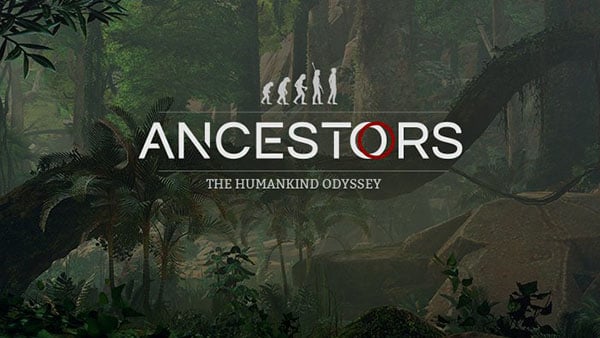

However, not every departure feels like an improvement, with Humankind arguably feeling like a step backwards in many respects. The use of fame points and predefined territory borders also help to further differentiate Humankind from its strategy-based rivals. Humankind has also introduced its own combat system, with confrontations triggering a self-contained skirmish that are well suited to large-scale sieges. Rather than picking one already established civilization like Brazil, France or England, Humankind instead allows you to choose from 60 different cultures and mix them together to create unique combinations. While the core premise is largely the same as Civilization, there are also some major departures. Both are turn-based strategy games that see you speed through human history and develop a small ancient tribe into a sprawling modern city.īut calling Humankind a knock-off clone would be unfair. It’s impossible not to compare Humankind with Civilization VI.


Tactical combat: Combat is very tactical, with terrain, unit types and fortifications influencing the outcome.60 playable cultures: Allows you to mix and match 60 different cultures, creating unique combinations in each playthrough.Turn-based strategy: Humankind feels like an elaborate board game with the tile-based system.


 0 kommentar(er)
0 kommentar(er)
